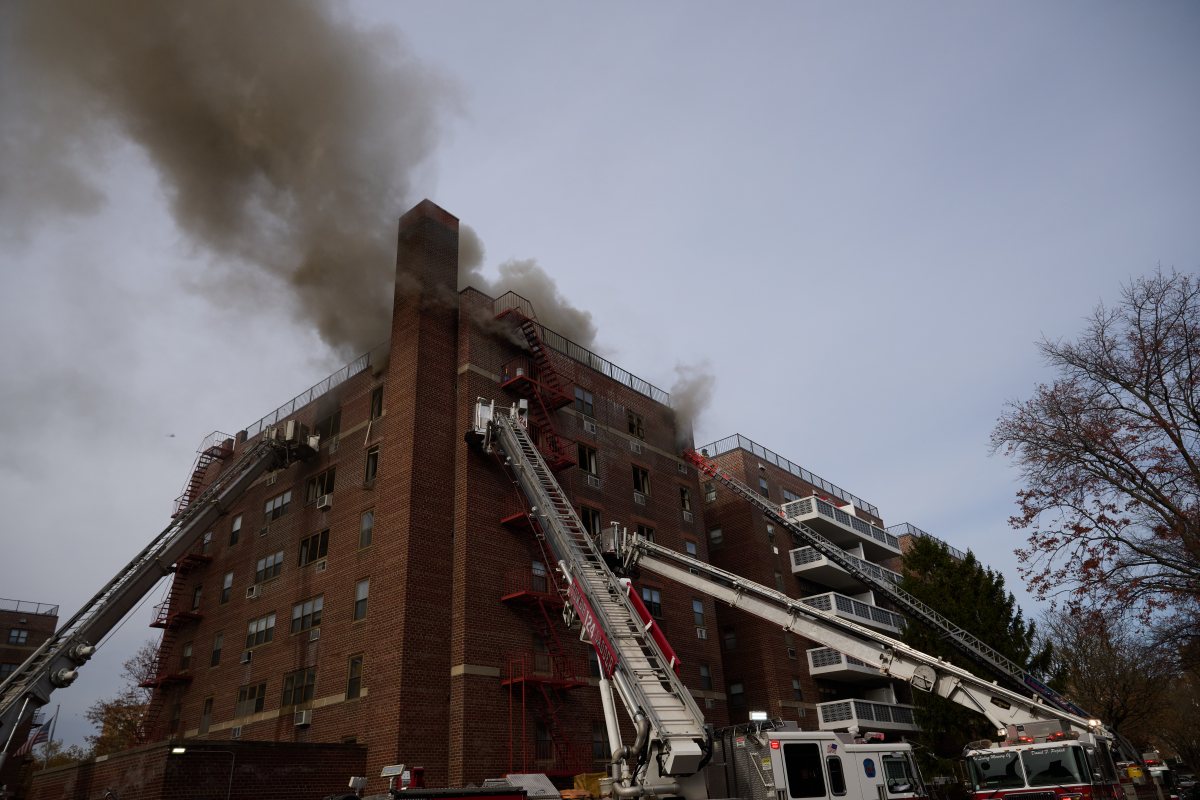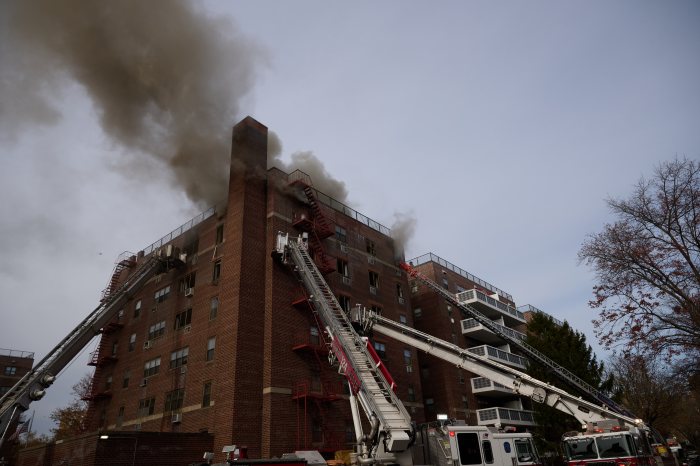By Lincoln Anderson
Earlier this month, City Council Speaker Christine Quinn, joined by representatives of the nonprofit group GrowNYC and Action Carting, announced that the city is expanding composting to six additional Greenmarket sites, including two in Manhattan — in Abingdon Square Park and Tribeca.
In a pilot program, the six new compost sites will run from March through June 25, and may continue afterward if the drop-off of compostable material is high enough. Greenmarket shoppers and others can now bring their fruit and vegetable scraps to a total of 10 Greenmarkets.
Compost drop-offs can now be made at the Abingdon Square Greenmarket, W. 12th St. and Eighth Ave., on Saturdays, from 8 a.m. to 12:30 p.m.; and at the Tribeca Greenmarket, at Greenwich and Chambers Sts., on Saturdays, from 8 a.m. to 1 p.m. The scraps will be transported to a compost facility and turned into a fertile additive for soil for local farming projects and other uses.
The Union Square Greenmarket has a hosted a compost collection site since 1994, organized by the Lower East Side Ecology Center.
“You could throw a banana peel or apple core in the garbage, but that’s just wasting valuable energy,” said Quinn at the announcement earlier this month. “That’s why I’m thrilled to be able to support the opening of these new compost drop-off sites. And what better place to offer them than at the Greenmarkets, where many of the fruits and vegetables sold benefit from the rich, nutrient-filled compost New York City residents will be contributing to every time they drop their food scraps.” In other words, rather than a vicious cycle, it’s a delicious cycle.
In addition to fruit and vegetable scraps, the sites will accept non-greasy food scraps (rice, pasta, bread, cereal, etc.), coffee grounds and filters, tea bags, egg and nut shells, cut or dried flowers, houseplants and potting soil. Not acceptable are meat, chicken, fish, greasy food scraps, fat, oil, dairy, dog or cat waste, kitty litter, coal or charcoal, coconuts, diseased and/or insect-infested houseplants and soil or biodegradable and/or compostable plastics.
Annually, 17 percent — or more than half a million tons — of New York City’s waste is food scraps. If these scraps aren’t returned to the soil as a useful fertilizer but are thrown into the anaerobic environment of landfills, they create methane, a greenhouse gas, which increases global warming.





































